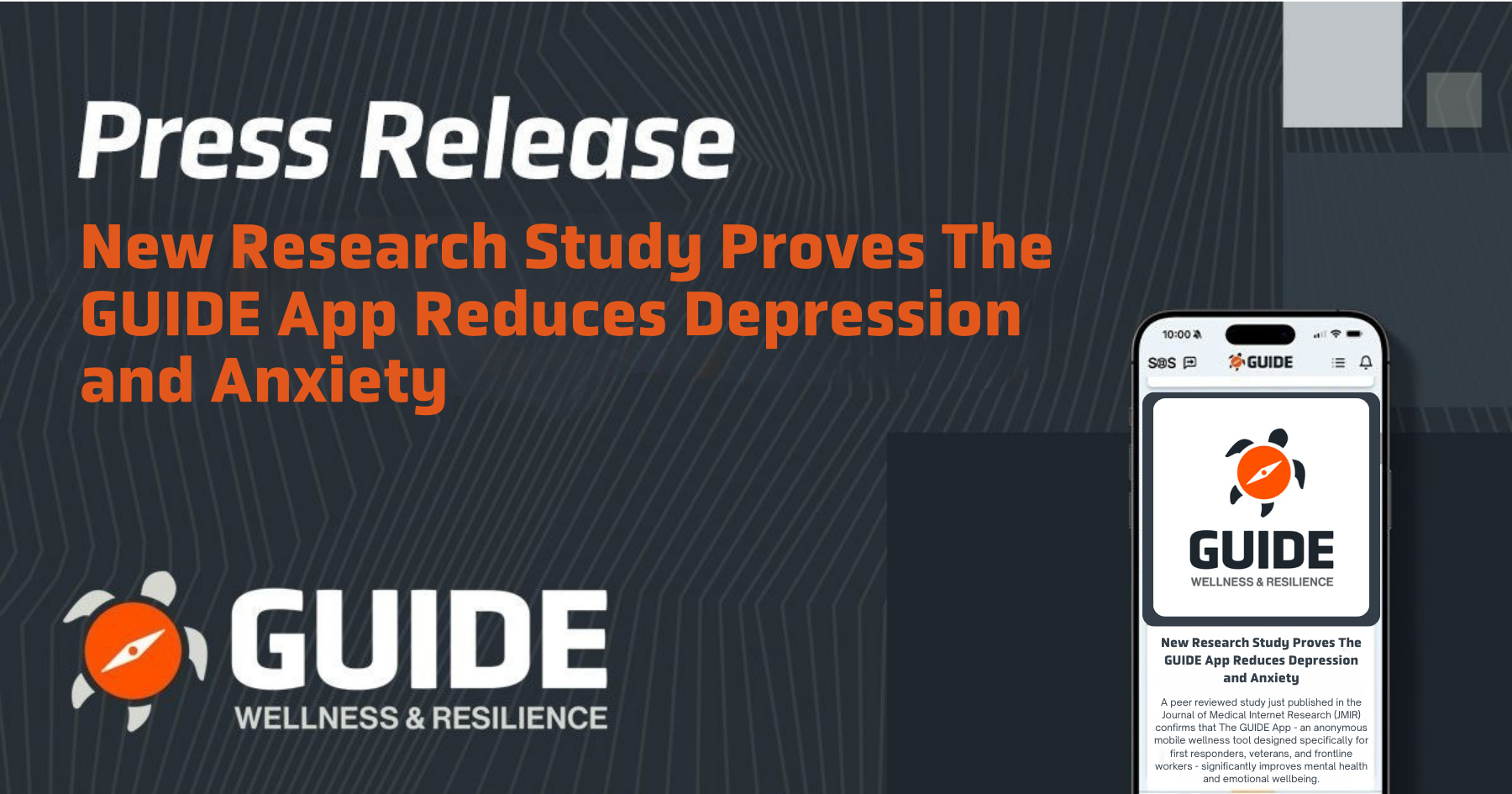Mindfulness is much more than a trendy buzzword—it is an ancient practice that has gained scientific backing in recent years for its profound benefits on mental and physical well-being. But what exactly is mindfulness, and why is it becoming an essential tool for enhancing life quality? In this article, we’ll take a close look at what mindfulness means, the benefits it brings, and how you can start integrating mindfulness into your life.
What is Mindfulness?
Mindfulness is all about paying attention to the present moment in a non-judgmental way. It’s about being fully aware of where you are, what you are doing, and what you are feeling, without letting your thoughts drift to the past or the future. Many practices can cultivate mindfulness, including meditation, yoga, and even simple breathing exercises. Mindfulness is not just a state of being but also a skill that can be nurtured through practice and intention.
The idea of mindfulness is rooted in focusing your attention on the present, allowing you to experience life more deeply and richly. While it might sound simple, staying fully present can be a challenge, especially in today’s busy world. However, once cultivated, mindfulness can be a powerful tool that brings peace, clarity, and overall well-being.
The Benefits of Practicing Mindfulness
Mindfulness has been studied extensively, and the benefits it offers are wide-ranging, from improving mental health to enhancing physical wellness. Here are some of the key benefits of mindfulness:
1. Stress Reduction
One of the most well-known benefits of mindfulness is its ability to reduce stress. By focusing on the present and letting go of negative thought patterns, mindfulness can help decrease levels of cortisol, the stress hormone. When you feel stressed, practicing mindfulness can help you observe your thoughts and emotions without getting caught up in them. This creates a sense of distance that can make challenging situations feel more manageable.
Many people find that mindfulness meditation provides a sense of calm that helps them navigate everyday stressors. Mindfulness allows you to approach difficulties with a more balanced perspective rather than reacting immediately with anxiety or frustration.
2. Enhanced Emotional Regulation
Mindfulness helps us regulate our emotions more effectively. Instead of feeling overwhelmed by our emotions, mindfulness encourages us to observe them without judgment. This can help reduce emotional reactivity and increase emotional resilience.
For example, when feeling anger or sadness, mindfulness allows you to acknowledge these feelings without letting them dictate your behavior. You can then choose how you want to respond rather than being driven by emotions. This emotional regulation is incredibly beneficial for maintaining healthy relationships, both at work and at home.
3. Boosted Focus and Concentration
Practicing mindfulness has been shown to enhance focus and concentration. In today’s world, with constant notifications and digital distractions, maintaining focus can be difficult. Mindfulness exercises, like focusing on your breath or being aware of sensations in your body, can train your mind to stay present.
Mindfulness encourages you to focus your attention on one thing at a time, which can be especially helpful when trying to complete tasks or meet deadlines. This heightened attention and mental clarity can improve productivity and make work or study more efficient and enjoyable.
4. Improved Mental Health
Mindfulness has been used as a therapeutic tool for various mental health conditions, including anxiety and depression. Studies have found that mindfulness-based cognitive therapy (MBCT) can be particularly effective in preventing relapse in people who have experienced depression.
By encouraging individuals to recognize and accept their thoughts and feelings rather than trying to suppress or avoid them, mindfulness helps reduce the symptoms of anxiety and depression. This acceptance and understanding of one’s inner world fosters a healthier relationship with emotions, creating a foundation for improved mental well-being.
5. Increased Self-Awareness
Mindfulness promotes self-awareness, which can lead to personal growth and transformation. Through mindfulness practice, individuals can become more attuned to their thoughts, emotions, and behaviors. This self-awareness can help uncover habits or thought patterns that may be unhelpful or detrimental.
By becoming more aware of ourselves, we gain a better understanding of our needs, motivations, and goals. This enhanced self-awareness can be incredibly empowering, allowing us to make conscious choices that align with our values and aspirations.
6. Better Relationships
Mindfulness can also enhance relationships by improving communication and empathy. When we practice mindfulness, we become better listeners, as we are more present during conversations. This means we are less likely to be distracted and more likely to understand what the other person is saying.
Mindfulness helps us respond thoughtfully rather than react impulsively, which is especially important during disagreements or conflicts. It can also enhance empathy, helping us to understand the perspectives and feelings of others, thereby fostering stronger and more fulfilling connections.
7. Improved Physical Health
Mindfulness doesn’t just benefit the mind; it has numerous physical health benefits as well. Studies have shown that mindfulness can help lower blood pressure, improve sleep quality, and even boost immune function. By reducing stress, mindfulness can decrease the risk of stress-related health issues such as cardiovascular disease and chronic pain.
The practice also encourages a mind-body connection, which helps individuals make healthier lifestyle choices. For example, mindful eating can lead to better digestion, weight management, and overall physical well-being by encouraging you to pay attention to your body’s hunger and fullness signals.
8. Increased Resilience
Life is full of challenges, but mindfulness can help build resilience—the ability to adapt and bounce back from difficulties. By developing a mindful approach, you can learn to see challenges as temporary and manageable rather than overwhelming obstacles. This shift in perspective can make it easier to cope with setbacks and recover from stress or adversity.
Mindfulness encourages a growth mindset by allowing us to accept and learn from our experiences, rather than judging them or ourselves harshly. This resilience is especially helpful in navigating the ups and downs of daily life.
Simple Ways to Practice Mindfulness
Incorporating mindfulness into your life doesn’t have to be complicated. Here are some simple ways to get started with mindfulness:
1. Mindful Breathing
Take a few minutes each day to focus on your breath. Pay attention to each inhale and exhale, and notice the sensation of the air entering and leaving your body. If your mind starts to wander, gently bring your focus back to your breathing.
2. Body Scan Meditation
A body scan meditation involves mentally scanning your body from head to toe, noticing any areas of tension or discomfort. This practice helps you become more aware of your physical sensations and encourages relaxation.
3. Mindful Eating
Mindful eating is about paying attention to the taste, texture, and smell of your food. Eat slowly, without distractions, and savor each bite. This practice can help you enjoy your food more and recognize when you’re full.
4. Mindful Walking
Take a walk and focus on the experience of walking—the feeling of your feet hitting the ground, the sensation of the breeze, the sounds around you. Walking mindfully can help you connect with your surroundings and find a sense of peace.
5. Gratitude Practice
At the end of each day, take a moment to reflect on three things you are grateful for. Focusing on positive aspects of your day can improve your mood and help you cultivate a positive mindset.
6. Mindful Listening
When talking with someone, practice being fully present by giving them your undivided attention. Listen without planning your response or getting distracted by your thoughts. This will help you be a better communicator and create deeper connections with others.
How to Make Mindfulness a Habit
Creating a mindfulness habit requires consistency. Here are some tips to help you integrate mindfulness into your daily life:
- Start Small: Begin with just a few minutes of mindfulness each day. Gradually increase the duration as you become more comfortable with the practice.
- Set a Reminder: Use reminders on your phone or sticky notes to prompt you to practice mindfulness at specific times during the day.
- Choose a Trigger: Link your mindfulness practice to an existing habit. For example, practice mindful breathing every time you brush your teeth or eat a meal.
- Be Patient: Mindfulness is a skill that takes time to develop. Be patient with yourself and remember that it’s okay for your mind to wander during practice—what matters is that you gently bring your focus back.
- Join a Group: Practicing mindfulness with others can provide motivation and support. Look for local meditation groups or online mindfulness classes that you can join.
Embrace Mindfulness for a Better Life
Mindfulness is a simple yet powerful tool that can improve both mental and physical well-being. By staying present and cultivating an attitude of acceptance, mindfulness allows us to experience life more fully and respond to challenges with calmness and clarity. Whether you’re looking to reduce stress, improve focus, or build better relationships, mindfulness offers a pathway to a more balanced and fulfilling life.
Remember, mindfulness is not about perfection—it’s about progress and being kind to yourself along the way. Start small, stay consistent, and enjoy the benefits of living mindfully.




